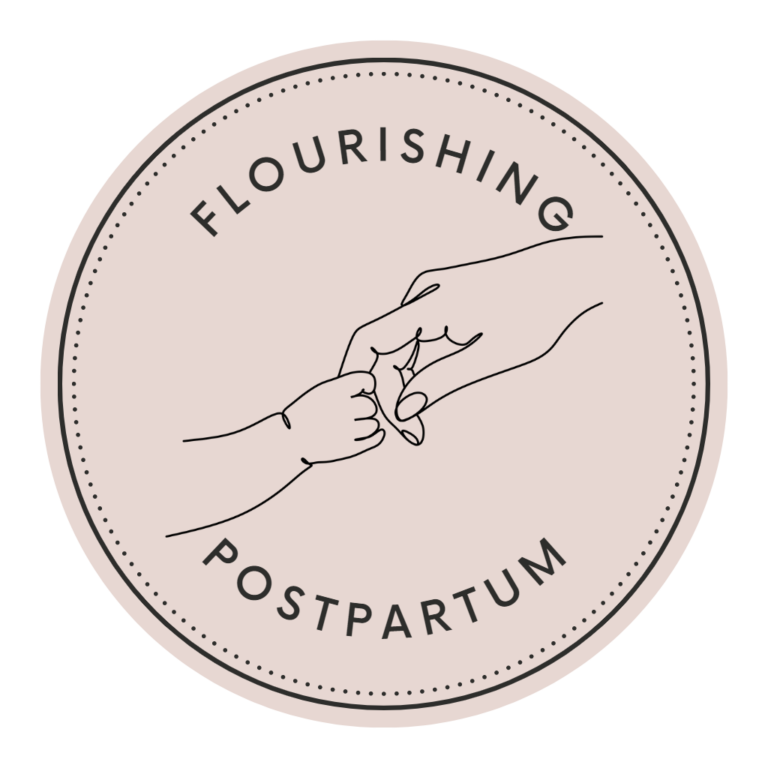
Baby Blues vs. Postpartum Depression Symptoms for New Mamas

The postpartum period is a transformative time filled with a range of emotions. While joy and love often prevail, it’s essential to be aware of potential emotional challenges that new mothers may face. Understanding the differences between the baby blues and postpartum depression (PPD) symptoms can help new mamas recognize and address their feelings. We will explore what to expect in terms of symptoms for both conditions to promote awareness and provide support.
Baby Blues: Common & Temporary Symptoms
The baby blues, experienced by most new mamas, typically emerge within the first week after childbirth and generally resolve within two weeks. Symptoms may include:
- Mood swings: Feeling happy one moment and tearful or irritable the next is common during the baby blues. These fluctuations are a result of hormonal changes and the adjustment to motherhood.
- Tearfulness: Crying spells without a clear trigger may occur during the baby blues. You might find yourself weeping without understanding exactly why.
- Fatigue and anxiety: Feeling overwhelmed, anxious, or exhausted are common experiences. The demands of caring for a newborn combined with sleep deprivation can contribute to these feelings.
- Emotional sensitivity: Small or seemingly insignificant events might provoke emotional reactions that are out of proportion to the situation.
Postpartum Depression: Prolonged & Intensified Symptoms
Postpartum depression is a more severe condition that affects some new mothers. It typically emerges within the first few weeks to months after childbirth and can persist for an extended period. Symptoms of PPD may include:
- Persistent sadness: A deep and unrelenting feeling of sadness or hopelessness that lasts for weeks or even months.
- Loss of interest or pleasure: A significant decrease in enjoyment or interest in activities that were once pleasurable.
- Extreme fatigue or sleep disturbances: Prolonged and disruptive sleep patterns, such as insomnia or excessive sleeping, can be signs of PPD.
- Irritability or anger: Intense irritability, frequent anger outbursts, or an overwhelming sense of frustration are common symptoms.
- Withdrawal and social isolation: Feeling disconnected from others, withdrawing from social interactions, and avoiding previously enjoyed social activities.
- Changes in appetite: Significant changes in appetite, such as a significant decrease or increase in eating, may occur during PPD.
- Difficulty bonding with the baby: Struggling to form a strong emotional connection or feeling detached from your baby is a significant symptom to watch for.
- Intrusive thoughts or self-harm ideation: Persistent thoughts of self-harm or harming the baby require immediate attention and intervention.
Seeking Help and Support:
If you suspect you or someone you know is experiencing symptoms of PPD, it’s essential to seek help and support. Reach out to your healthcare provider, a mental health professional, or a support group specializing in postpartum mental health. Early diagnosis and intervention significantly improve the chances of recovery.
Remember, it’s important to trust your instincts and prioritize your well-being. Open communication with loved ones, healthcare providers, and seeking professional help when needed are crucial steps toward healing and finding support.
Understanding the differences between the baby blues and postpartum depression symptoms is key for new mamas to identify and address their emotional well-being. While the baby blues are common and temporary, postpartum depression is a more intense and persistent condition. If you find that your symptoms are severe, prolonged, or interfering with your ability to function, don’t hesitate to seek professional help. Remember, you are not alone, and support is available to help you navigate this transformative journey of motherhood.
















